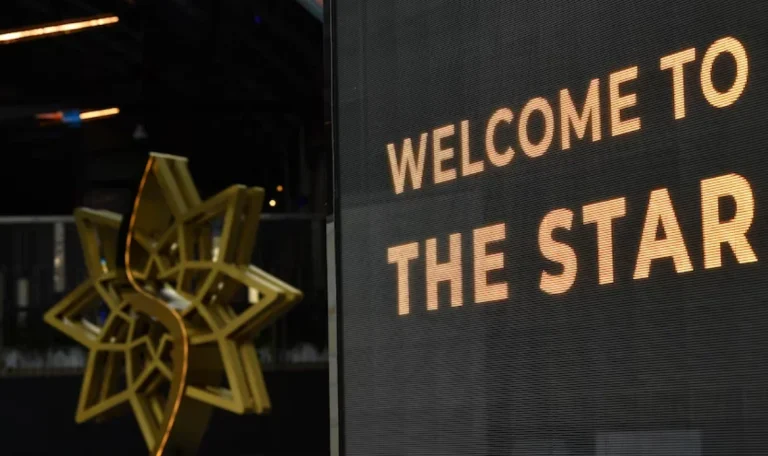Indiana: Online Casino Legislation Falters
Online casino gambling, which includes interactive slot machines and table games, remains legal in only seven states: Connecticut, Delaware, Michigan, New Jersey, Pennsylvania, Rhode Island, and West Virginia. While sports betting has gained broad acceptance—passing legislation in 39 states plus Washington, DC—the expansion of online casino gaming has been much slower.
As state legislatures meet across the country, the topic of gaming is once again on the agenda in many capitals.
Regarding iGaming specifically, bills to legalize online casino gambling have recently been introduced in Indiana and Wyoming. Both states have conducted market studies exploring the potential tax benefits of expanding gambling to online platforms. Additionally, Virginia recently filed its own iGaming bill earlier this month.
Indiana’s iGaming Proposal
Indiana Representative Ethan Manning (R-Cass) has put forward House Bill 1432, which would allow the state’s commercial casinos, riverboats, and racinos to operate up to three individually branded online gaming platforms, or “skins.” Each licensee would pay a $500,000 one-time fee plus an annual $250,000 fee, with the yearly payments dedicated to responsible gaming and problem gambling programs.
The bill proposes a graduated tax on iGaming revenue: 22% on gross revenue under $4 million; 24% for $4 million to $8 million; 26% for $8 million to $10 million; 28% for $10 million to $12 million; and 30% on revenue exceeding $12 million. Operators could deduct up to $5 million annually for free play and promotional incentives. HB 1432 would also authorize the Indiana Lottery to offer instant games online.
A Spectrum Gaming Group study from last year estimates Indiana could generate between $413 million and $929 million in new tax revenue within three years of legalizing iGaming.
Wyoming Considers Online Casinos
Wyoming lawmakers are also exploring online casino legislation through House Bill 162, introduced by Representative Bob Davis (R-Sweetwater). This bill would mark Wyoming’s first commercial gaming expansion beyond its state lottery.
HB 162 would enable established commercial iGaming operators such as FanDuel and BetMGM to apply for licenses, which would cost $100,000 initially, followed by $50,000 annual renewals. The Wyoming Gaming Commission would prioritize applicants already licensed in at least three other legal online casino states and is encouraged to issue at least five interactive gaming licenses.
The bill sets a flat 16% tax on iGaming gross revenue. The first $300,000 in annual tax proceeds would be allocated to the Wyoming Department of Health for funding programs aimed at preventing and treating problem gambling.
Resistance to iGaming Remains Strong
Despite the revenue potential, iGaming faces significant opposition. A 2024 report from London-based regulatory intelligence firm Vixio suggests states are missing out on as much as $15 billion in annual tax revenue by keeping online casinos illegal. However, responsible gaming advocates have voiced concerns over consumer protections.
Experts highlight that in physical casinos, staff are trained to identify and intervene when patrons are gambling irresponsibly. Gambling while intoxicated or under the influence is strictly prohibited in all states with legal gaming. Critics argue that such safeguards are limited or ineffective in online environments.
In its 2025 legislative outlook, Deutsche Bank analyst Carlo Santarelli expressed skepticism, predicting that no new states are likely to authorize iGaming in the near future.










